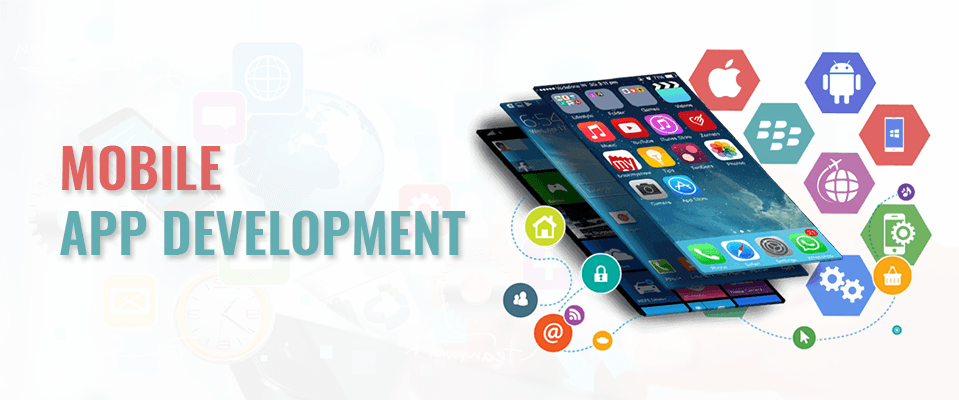Home
Contact Us
Solar CRM
Projects
Login
Cart()
U.P. Mahila Kalyan Nigam
Rajya Vidyut Parishad Junior Engineers Sangathan U.P.
Government Industrial Training Institue Website (70+ Govt. ITI’s)
Maharshi University Of Information Technology,Lucknow (U.P.)
Catalyst Center Of Excellence
G.S. Pal Autowheels Pvt. Ltd. ,Balrampur (U.P.)
Goel Allied Industries, AI Dispo
Mozer Energy India Pvt. Ltd., Delhi
Click 2 Fly (Flight , Hotel Booking Application Dubai)
Fortuna Prime Video OTT Android & IOS App
Bhaiya Ji Online -On Demand Service App
Home
Contact Us
Solar CRM
Projects
Login
Cart()
U.P. Mahila Kalyan Nigam
Rajya Vidyut Parishad Junior Engineers Sangathan U.P.
Government Industrial Training Institue Website (70+ Govt. ITI’s)
Maharshi University Of Information Technology,Lucknow (U.P.)
Catalyst Center Of Excellence
G.S. Pal Autowheels Pvt. Ltd. ,Balrampur (U.P.)
Goel Allied Industries, AI Dispo
Mozer Energy India Pvt. Ltd., Delhi
Click 2 Fly (Flight , Hotel Booking Application Dubai)
Fortuna Prime Video OTT Android & IOS App
Bhaiya Ji Online -On Demand Service App


